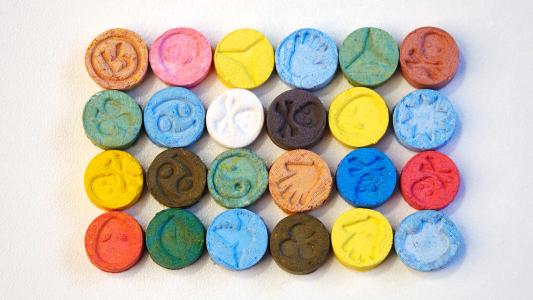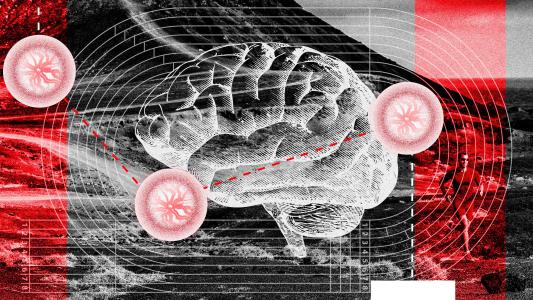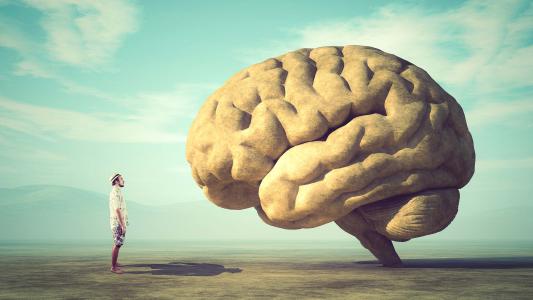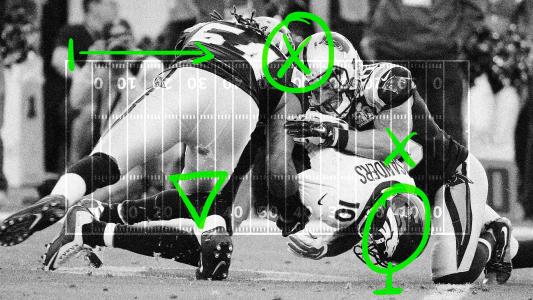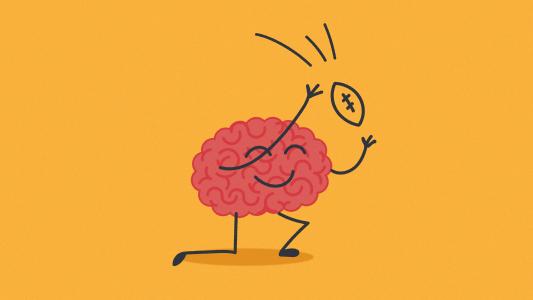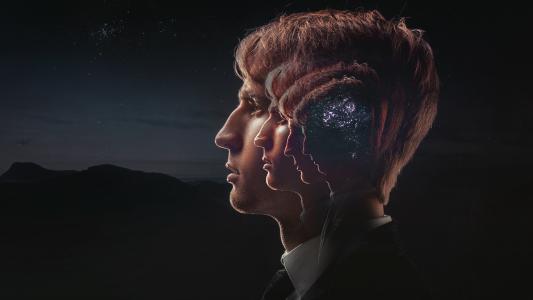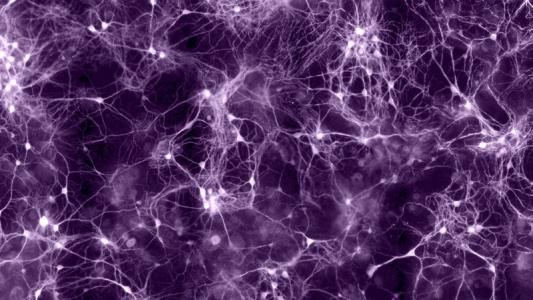Neuroscience
MDMA effects, risks, and rewards explained
MDMA, also known as Molly or Ecstasy, is a synthetic psychoactive drug. MDMA effects include enhanced pleasure and a heightened sense of touch and sound.
Series|
The Edge
Top athletes are shocking their brains with tDCS
Why are professional athletes using brain-zapping headsets? This tDCS device creates a state of hyper-learning, which could help improve their performance.
Do bigger brains have better memories?
Scientists may be one step closer to putting the age-old question to rest on whether brain size impacts cognitive function.
Series|
The Edge
This coach cut football concussions in half
Long-term health risks threaten to derail America’s favorite sport, but one coach may have found an innovative solution to save the game – a robotic tackling dummy.
Does playing sports quiet the brain?
Athletes across many sports have something in common - they can more easily “quiet” their brain to focus on what’s really going on.
Diving deep into the brain to measure neurotransmitters
Researchers are taking the first measurements of neurotransmitters in active human brains, using computational psychiatry to understand how the mind works.
Hacking the brain's comms network – without surgery
When nerve cells in the brain communicate, they create tiny electric fields that can be sensed – and sometimes...
Neuroscience has a low-tech answer for a good night's sleep
Neuroscientists say that we may be ignoring a basic fact that could defuse the "screen-time wars" between parents...
Why a third of antidepressants are prescribed for "off-label" problems
The "secret life of antidepressants" could open up a host of new treatments.
Brains store memories in a temporary "cache" (and we can read it)
Like the day’s newspaper, the brain has a temporary way to keep track of events.
